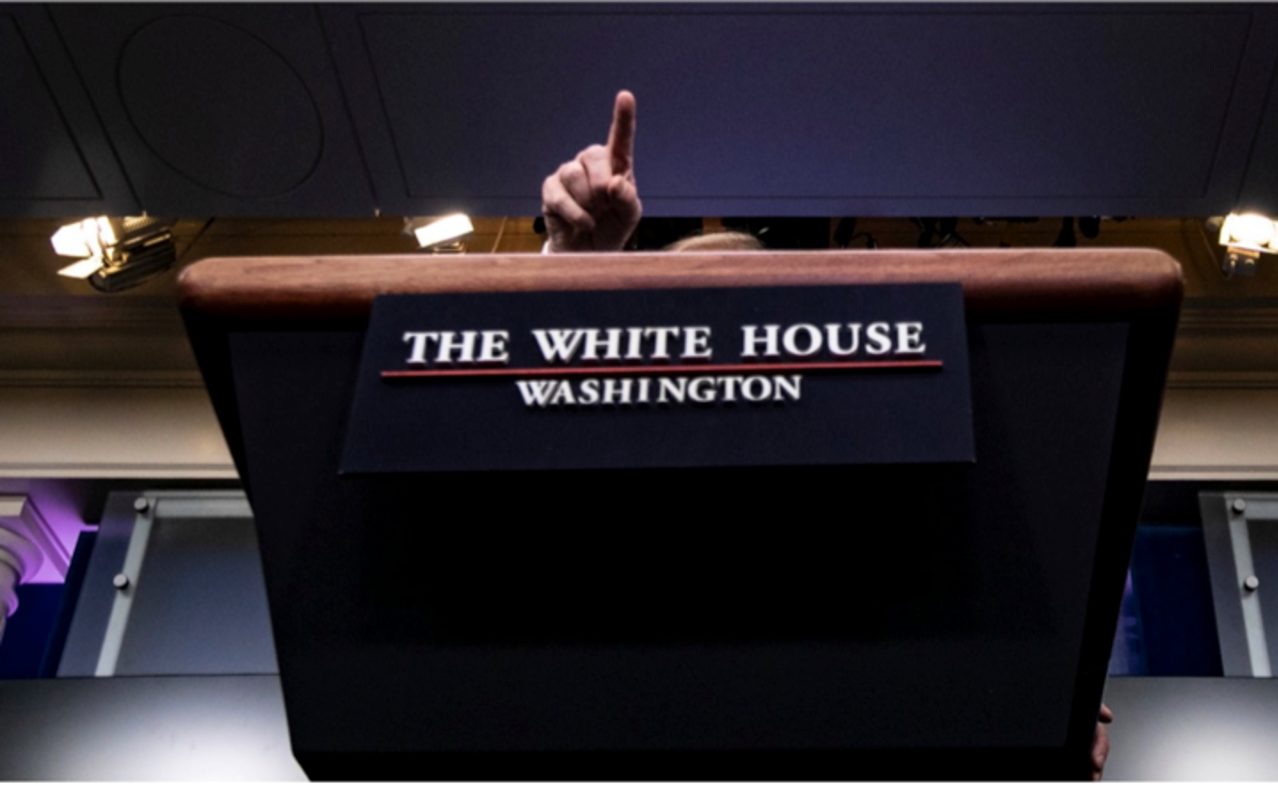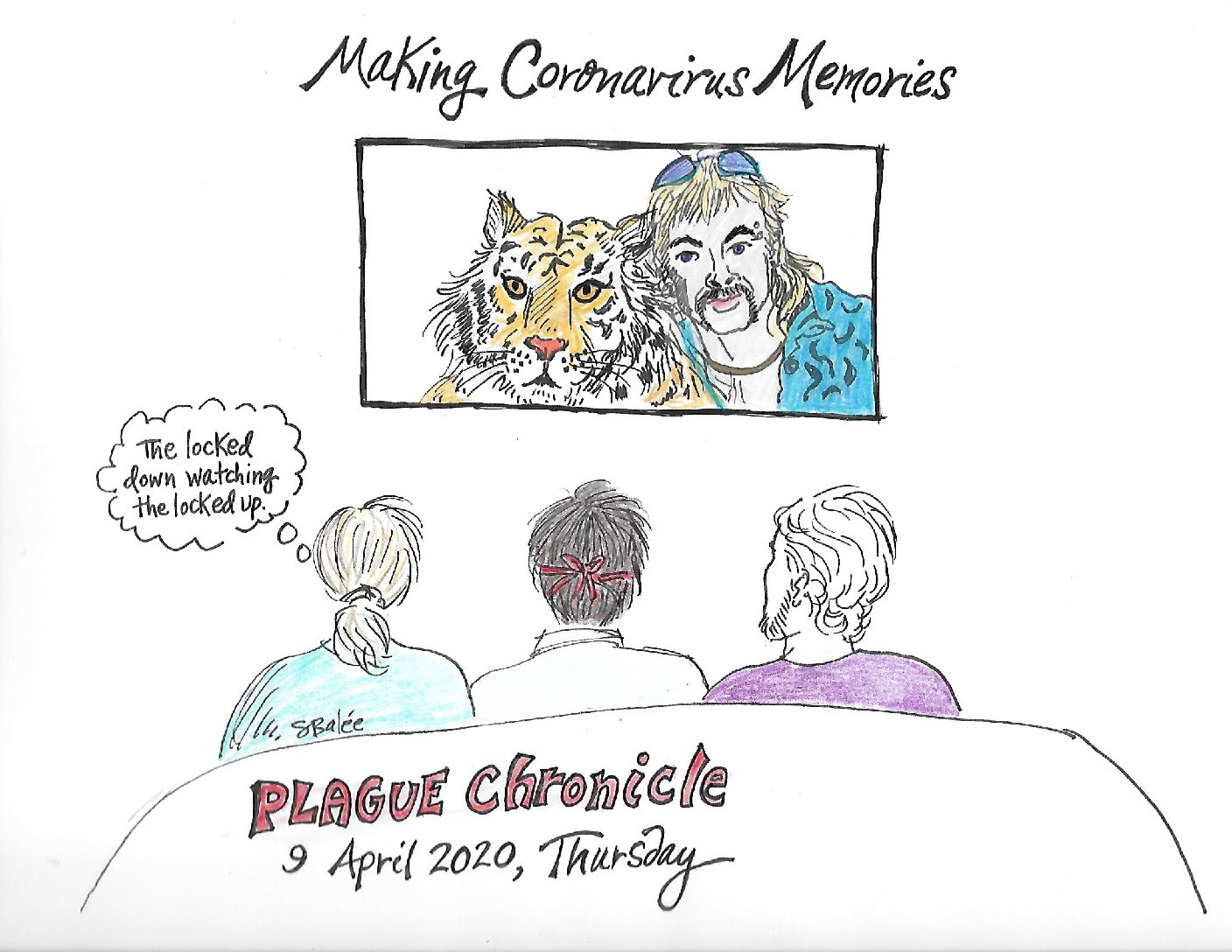Spitballing in a Pandemic
Spitballing in a Pandemic Bonnie Honig Isn’t it ironic that bleach, an agent of whitening, may bring about Trump’s downfall? After all he has done for whiteness? And that television, the medium that gave life to his personal and political ambitions, may be the instrument of his demise? Social distancing recommends we stay 6 feet apart from each other lest our speaking, sneezing, or coughing spread viral droplets to others. Spit is a carrier of Covid 19, a danger to public health. So is spitballing, which is what Trump dangerously did at the White House Press briefing on...
Read More



